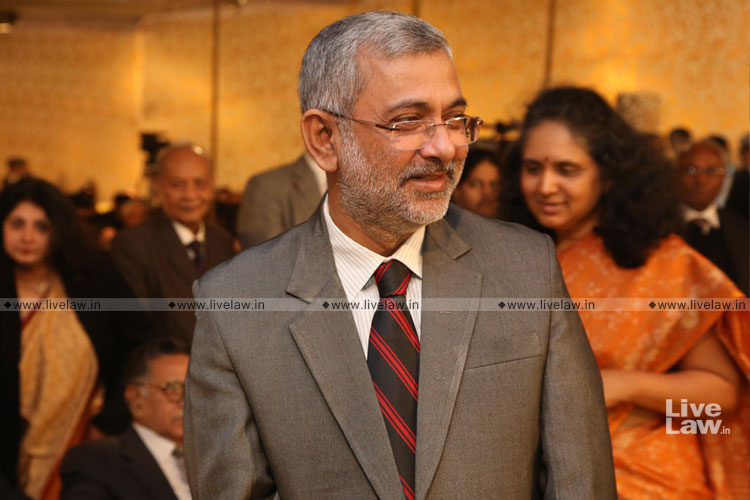Speaking at a public event at New Delhi on December 7 organised by The LeafLet , former Supreme Court judge Justice Kurian Joseph said that improved dialogue between the Chief Justice of India and Centre could have fast tracked judicial appointments.On asked why certain recent recommendations of the Supreme Court collegium (of which Justice Joseph is a member) have been cleared by the...

